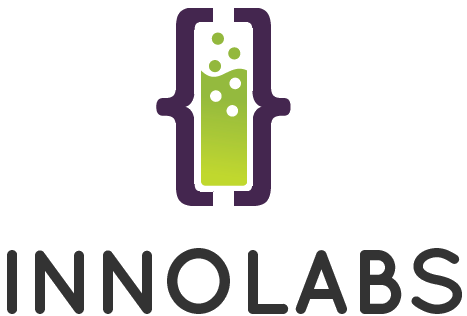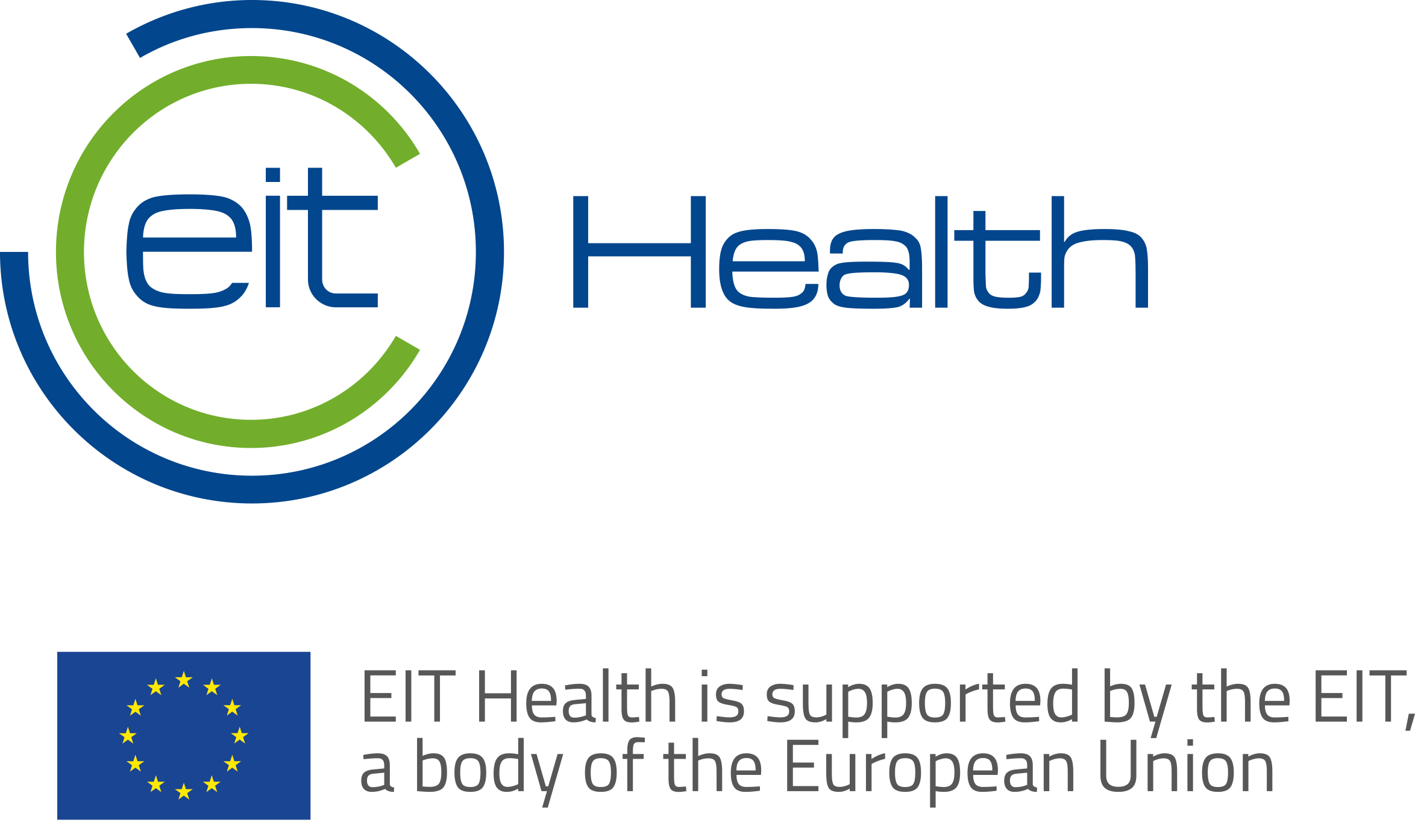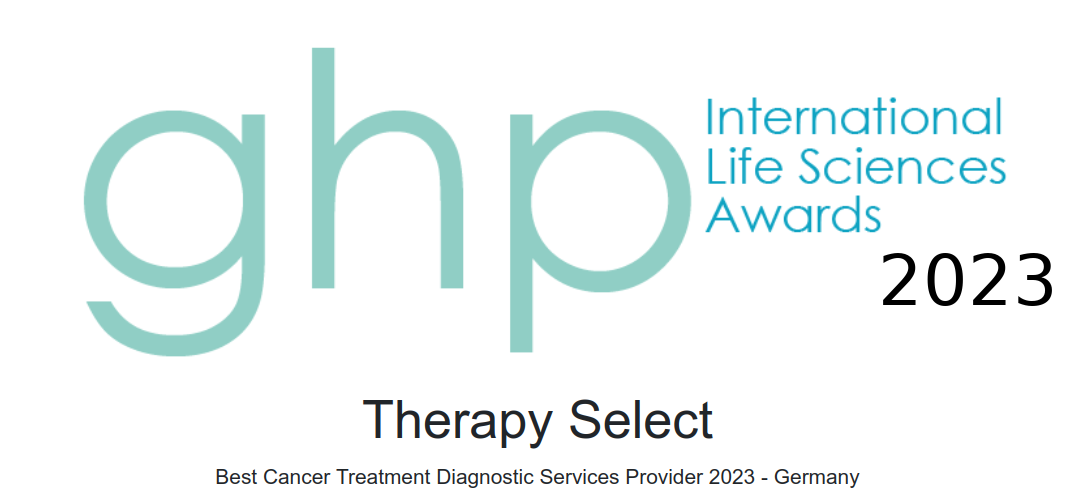Predicting Effectiveness of Drugs by Analyzing Molecular-Based Biomarkers
The genetic material of a tumor can reveal potential opportunites which predict that a treatment is more likely to work. But there are more molecular-based biomarkers that have been associated with treatment outcomes. They can be tested to give the physician the predictive information needed to make a treatment decision. Molecular-based biomarkers in cancer can be alterations in the genetic code, differences in gene expression or changes in protein expression. No single technology can offer all of the necessary answers. Thus using a multiplatform approach based on relevant, clinically proven molecular-based biomarkers which associate well with the treatment, makes the most sense.
We decided to collaborate with different highly reputational diagnostic companies in this area. The services offered can be summarized as PCDx™ (Personalized Cancer Diagnostic).

Why should I use PCDx™?
- The unique feature of PCDx™ is the entire service as a whole. Multiple tumor profiling technologies – including Immunohistochemistry (IHC) and Next-Generation Sequencing (NGS) – are used in order to detect and analyze molecular-based biomarkers. Via PCDx™ the most clinically actionable genomic alterations in cancer including mutations, fusions, copy number variations and protein expression are analyzed. Coupled with an exhaustive review of literature correlating molecular-based biomarkers to drug responses, PCDx™ provides the information oncologists need in order to personalize cancer treatment based on the biology of their patient’s tumor.
- The laboratories for PCDx are CLIA-certified.
- The results of PCDx™ are available after 10 business days. This is significantly faster than other comparable biomarker analyses.
- PCDx™ can be performed with a very small amount of patient material.
Description of PCDx™
The databases, which are used for PCDx™, are updated continuously. There also is a continuous verification, which genetic data or other molecular-based biomarker data can have a therapeutic relevance for cancer patients. The conducted analyses are constantly extended over time.
Possible Prediction of Effectiveness for the following Drugs
The therapeutic alternatives, which can result out of the genes, include approved drug therapies and drugs, which are available in the context of clinical development. These drugs are targeted drugs and immunotherapies.
The drugs which appear on the final report will vary from tumor type to tumor type, and are always changing. Therefore the following lists give only an orientation.
Approved drugs, for which the effectiveness is interpreted:
|
Abiraterone, Abemaciclib Ado-trastuzumab emtansine, Afatinib, Alectinib, Anastrozole, Atezolizumab, Avelumab, Bevacizumab, Bicalutamide, Binimetinib, Brigatinib, Cabozantinib, Ceritinib, Cetuximab, Crizotinib, Dabrafenib, Dacomitinib, Dasatinib, Diethylstilbestrol, Dinutuximab, Durvalumab, Encorafenib, Enzalutamide, Erlotinib, Everolimus, Exemestane, Flutamide, Fulvestrant, Gefitinib, Idelalisib, Imatinib, Ipilimumab, Ketoconazole, Lapatinib, Lenvatinib, Letrozole, Lorlatinib, Medroxyprogesterone, Megestrol, Neratinib, Nilotinib, Nintedanib, Niraparib, Nivolumab, Olaparib, Olaratumab, Osimertinib, Palbociclib, Panitumumab, Pazopanib, Pembrolizumab, Pertuzumab, Regorafenib, Ribociclip, Rucaparib, Sonidegib, Sorafenib, Streptozocin, Sunitinib, Talazoparib, Tamoxifen, Temsirolimus, Toremifene, Trametinib, Trastuzumab, Vandetanib, Vemurafenib, Vismodegib, Zoledronic acid |
Drugs approved or in clinical development, for which the effectiveness is interpreted:
|
AKT inhibitors |



